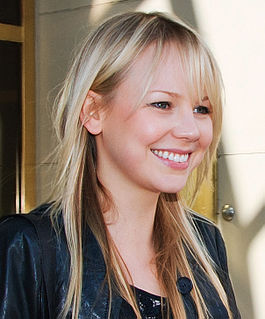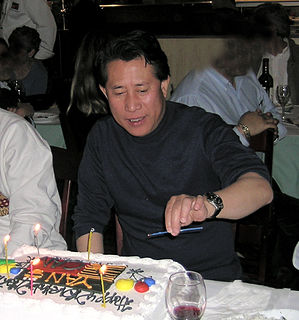A Quote by Adelaide Clemens
Although my father is English, I was brought up in Australia.
Related Quotes
Well, English is no problem for me because I am actually English. My whole family are English; I was brought up listening to various forms of the English accent. Obviously there are more specific ones that get a little bit tricky. Same with American stuff. But because in Australia we're so inundated with American culture, television, this that and the other, everyone in Australia can do an American accent. It's just second nature.
Although the advice that you get if you got to see Margaret is 'stand up for yourself, shout back, and argue the toss and then she will respect you', the trouble is that sort of advice to the English middle-class male of a certain age doesn't actually help us very much because we've always been brought up to believe that it's extremely rude to shout back at women.
I have never sat down and studied the Bible, never consciously echoed its language, and am, in reality, as ignorant of it as most brought-up Christians. All of the Bible that I use in my work is remembered from childhood and is the common property of all who were brought up in English-speaking communities.
Malcolm Bradbury made the point, and I don't know whether it's a valid one or not, that the real English at the moment is not the English spoken in England or in America or even in Canada or Australia or New Zealand. The real English is the English which is a second language, so that it's rather like Latin in the days of the Roman Empire when people had their own languages, but had Latin in order to communicate.
On the one hand, there is no question that English - frequently bad English - has become the universal language of scholarship. It is clearly a tremendous handicap for people outside of the United States, Britain, and Australia and a few other countries because few of them are native speakers, but we demand that they present and publish in English.



































